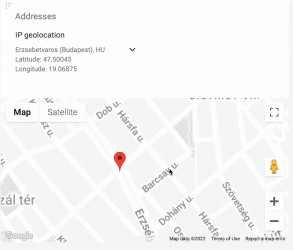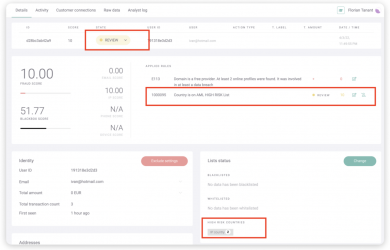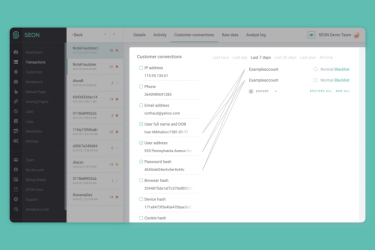- Joined
- 31.12.24
- Messages
- 16
- Reaction score
- 952

You've mastered all the fancy techniques to bypass those AI antifraud systems you've got the perfect site, clean residential proxies and fresh cards. But youre still getting your orders canceled left and right. What the fuck is going on?

The answer is simpler than you think: your delivery addresses are dirty as shit. In 2025, address checks has become the primary method merchants use to catch fraudsters. They don't need to analyze your behavior if they can just blacklist every fucking addressese you've ever shipped to.
Delivery Addresses
Here's the brutal truth most carders refuse to accept: todays antifraud systems are basically address blacklisting engines with extra bells and whistles. Once an address gets flagged for fraud it's burned across hundreds of connected merchants. That fancy AI remembers every chargeback, every failed attempt and builds a massive shared database that follows you everywhere.
I covered all the jigging techniques in my guide "Jigging Your Drops" - and yeah, that shit works to an extent. You can add fake apartment numbers misspell street names, or throw in some directional fuckery. But lets be real - jigging has its limits. Eventually the AI's gonna smell that shit.
While shipping to billing and requesting a reroute might work on some sites, it definitely won't fly everywhere. In most cases if youve covered everything else your main issue might not be your cards or proxies; it's your shipping address.
What Are Residential Drop Services?
Professional drop services are the critical missing piece in your workflow. These services essentially "rent" you access to a network of addresses with clean histories, creating separation between your carding and the physical delivery.
Heres how the ecosystem works:
- The Operators are the business owners who run these services. They maintain the infrastructure recruit drops, and essentially rent these drops to carders like you. Think of them as your shadow logistics department.
- The Stuffers (that's you) are the clients who pay to use the drop network. You obtain the cards place the orders, and direct packages to the drop addresses provided by the service.
- The Drops (aka reshipping mules) are the people receiving and forwarding packages. Many are unwitting participants who think theyre working legitimate "shipping coordinator" jobs while others know exactly what they're doing.
A quality drop service will have dedicated panels showing you available addresses across different states, their current status history, and property types. You simply pick the drop that works best for your cards billing region.
Why These Services Crush Antifraud Systems
Clean addresses are antifraud kryptonite plain and simple. These residential drops belong to regular-ass people in normal neighborhoods, making them invisible to merchant security systems that are programmed to sniff out drity shipping locations.
When you use a fresh drop there's zero fraud history attached to it. No chargebacks, no suspicious patterns – nothing for the system to flag. Its like walking through a metal detector with nothing but your birthday suit on. Those fancy AI systems can't detect what isnt there.
Geography matters too—using drops that match your card's billing state helps you dodge those location-based alarms designed to catch carders slipping and residential addresses with real human names attached look legit as fuck to risk scoring systems, especially when good services rotate their addresses every 30 days or less to keep them fresh and undetectable.
Bottom line: the same exact card that gets declined when shipping to your burned-out address will sail through verification when sent to a clean residential drop. In this game your shipping address is either your secret weapon or your weakness.
The Workflow
Heres how the process typically unfolds when using a professional drop service:
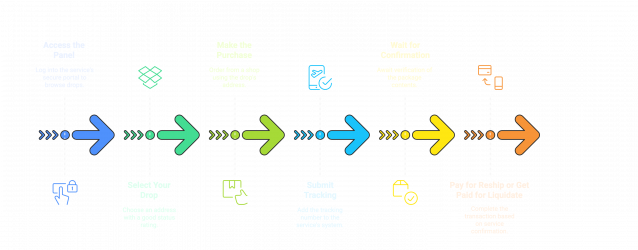
- Access the Panel: Log into the service's secure portal where you can browse available drops.
- Select Your Drop: Choose an address that matches your cards region and has a good status rating.
- Make the Purchase: Card something to the drop, if you are going for liquidation (they pay you), consult their price list first.
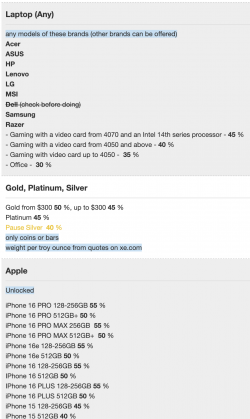
- Submit Tracking: Once you have the tracking number add it to the drop services system so they can alert the drop to expect a package.
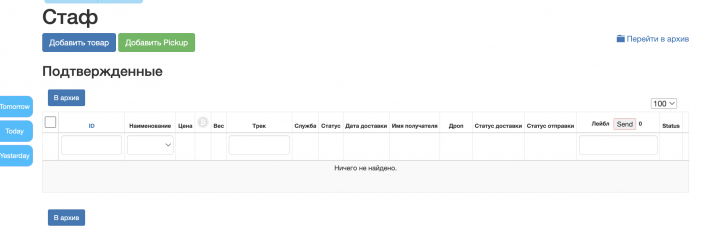
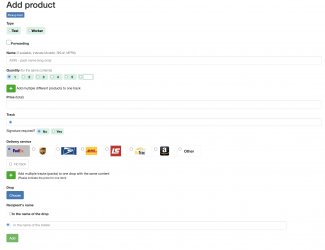
- Wait for Confirmation: The drop will receive the package, verify the contents (often with photos) then send it to the warehouse of the service.
- Payment: Once they confirm receipt, either they pay you (liquidate) or you pay them (reship).
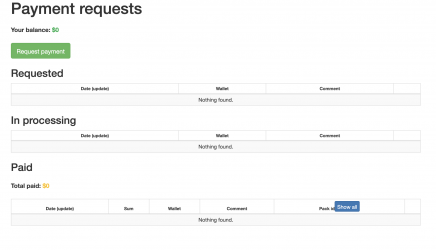
The best services have sophisticated portals that track this entire process showing you exactly where your package is at each step.
Extra Goodies
These fuckers don't usually pay the mules whose addresses theyre using. This scummy behavior is why most drops run for just 30 days - once mules realize they've been duped, the service dumps them.
In the panels drops are tagged with various statuses so you can quickly identify which ones are fresh, active problematic, or completely burned and sometimes these sketchy mules will ghost with your package – depending on the services policies, you might get compensated or you're simply just fucked.
Check their rules for exact percentages because these services often have different payment structures based on when you get paid - either when the package arrives or after its forwarded to the warehouse. Each structure comes with its own risk-reward ratio depending on how much you trust those mules. And remember - using the same drop repeatedly isn't being efficient, its begging to get caught.
Conclusion
If you're still trying to card without a professional drop service in 2024 youre basically showing up to a gunfight with a fucking butter knife. Address verification has become the primary method merchants use to catch fraudsters, and residential drop services are the only reliable way to bypass these systems at scale.
The separation these services create between your carding activities and the physical delivery location is what allows you to bypass even the most sophisticated antifraud systems. In this game you're only as good as the addresses you ship to. Choose your service wisely, and watch those approval rates soar.

